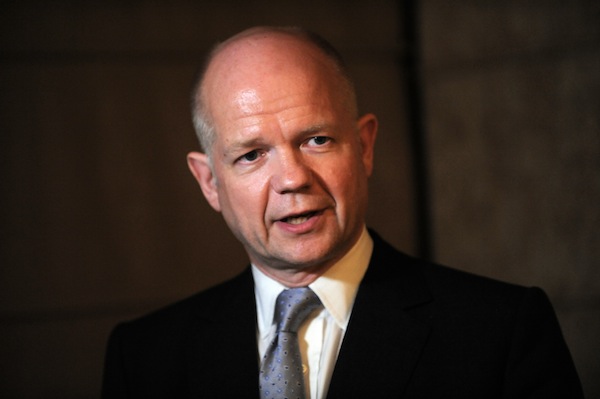William Hague will come to the House of Commons today to offer some answers on the US National Security Agency’s PRISM programme. Here are three key questions MPs will want answered:
- What can he tell the Commons about how such an exchange of information could work?
Douglas Alexander told Today he will be asking for information on the legal framework governing the UK access to information from the programme. Hague said yesterday that he could neither confirm nor deny that he was aware of PRISM, but he will still be asked about how interactions between the intelligence agencies are regulated. Are they able to circumvent British law by approaching the US authorities instead?
- Why does Britain need a new Snooper’s Charter if intelligence agencies are already able to access this information?
Yesterday he insisted that ‘intelligence gathering operations, by GCHQ or MI5 or MI6 come to me or the Home Secretary personally; it’s not something we delegate to a junior minister… every request comes with clear legal advice and the justification for any interception’.
Theresa May remains determined to introduce as much of the Communications Data Bill as she possibly can, but civil liberties campaigners argue that this shows governments are already accessing more data than they could need anyway.
- Why do ordinary Britons have ‘nothing to fear’?
Hague told the Andrew Marr Show that ‘if you are a law-abiding citizen of this country, going about your business and your personal life, you have nothing to fear. Nothing to fear about the British state or intelligence agencies listening to the contents of your phone calls or anything like that’.
This argument assumes that the state is never unreliable, either through being incompetent or malicious. Malcolm Rifkind said this morning that ‘some intrusions on privacy’ are necessary in order to protect the public. The Foreign Secretary will need to explain where the line should be – and is being – drawn between privacy and protection.







Comments